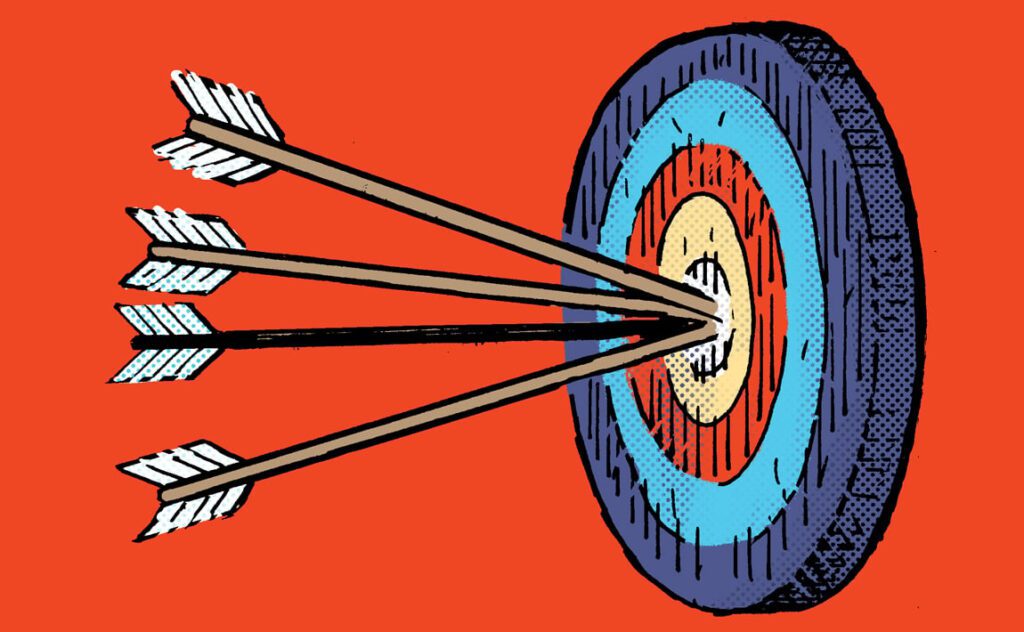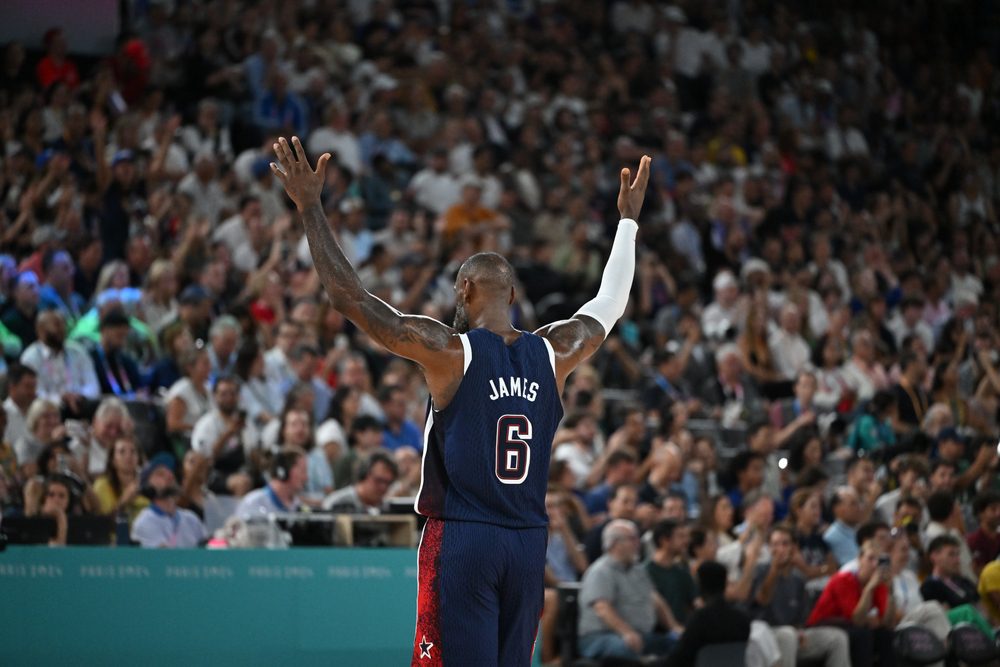Heeding the lessons of DMers past offers insight on how to rise above the crowd.
Take the example of Joe Segal, who took an existing marketing concept — continuity selling — and expanded it way beyond its previous limits of mostly low-priced book and music programs. Pierre Passavant, corporate relations advisor for The Center for Direct Marketing at Mercy College, told Segal’s story at the Hudson Valley Direct Marketing Association’s luncheon in Greenwich, CT yesterday.
In 1964, Segal worked with the National Commemorative Society to mint a series of silver medals designed around historical, social or national themes. One marketing strategy was to partner with groups of pharmacists, doctors, postmasters or bird lovers. He convinced the member groups they could make money together by creating a new series of medals attractive to that group. He then let the group take the risk of promoting the idea to its membership while he supplied the medals. The group and Segal split the profits.
Four years later, Segal launched the Franklin Mint History of the United States — a series of 200 medals delivered two per month for 100 months at $10 a piece. “That’s eight years and four months,” Passavant said. This one promotion brought in advance subscriptions worth $35 million over the eight years.
The ads for the new series ran without testing.
“At the time, I didn’t think testing was desirable or reliable,” Passavant quoted Segal as saying. “I just went by intuition, one promotion after another, and almost every one was successful. Whether it was good timing, good concept, good copy, good luck or whatever combination, it just worked. And it kept working.”
Segal then expanded into continuity books. In 1969 he launched “The One Hundred Greatest Books of All Time.” One leather-bound, gilt-edged edition arrived each month, and again for 100 months. The concept pulled in orders totaling $100 million with a 70% completion rate, Passavant said.
“Not only did Segal expand the concept way beyond its limits, he also managed to make mass products out of concepts that had previously been limited to a wealthy few,” he said. “Those principles can still be applied today if we have the imagination to know where to apply them.”
Passavant cited other examples such as Wesley Wood, the music buff who had a knack for knowing what was popular. In 1972, he started a music mail-order business called Candlelite Records selling boxed sets of music from the 50s, 60s, and 70s, which featured such greats as Johnny Mathis, The Platters and Johnny Cash.
He also had the good fortune to obtain the mail-order rights to some Elvis Presley music. He created the Elvis Presley Story with all of Elvis’ million-selling golden hits, not available in any stores, for only $6.66 a month for four months, plus shipping and handling. (RCA had first offered these mail-order rights to Reader’s Digest, which passed, Passavant said.)
The first test of the Elvis Presley box was in the mail stream Aug. 16, 1977, when Elvis died. “Almost overnight Candlelite became RCA’s biggest customer,” Passavant said. “Their challenge became filling orders, not getting them.”
Passavant ended the talk with a quote from Sam Walton, the founder of Wal-Mart.
“Swim upstream. Go the other way. Ignore the conventional wisdom. If everybody is doing it one way, there’s a good chance you can find your niche by going in exactly the opposite direction. But be prepared for a lot of folks to wave you down and tell you you’re headed the wrong way.”
 Network
Network

